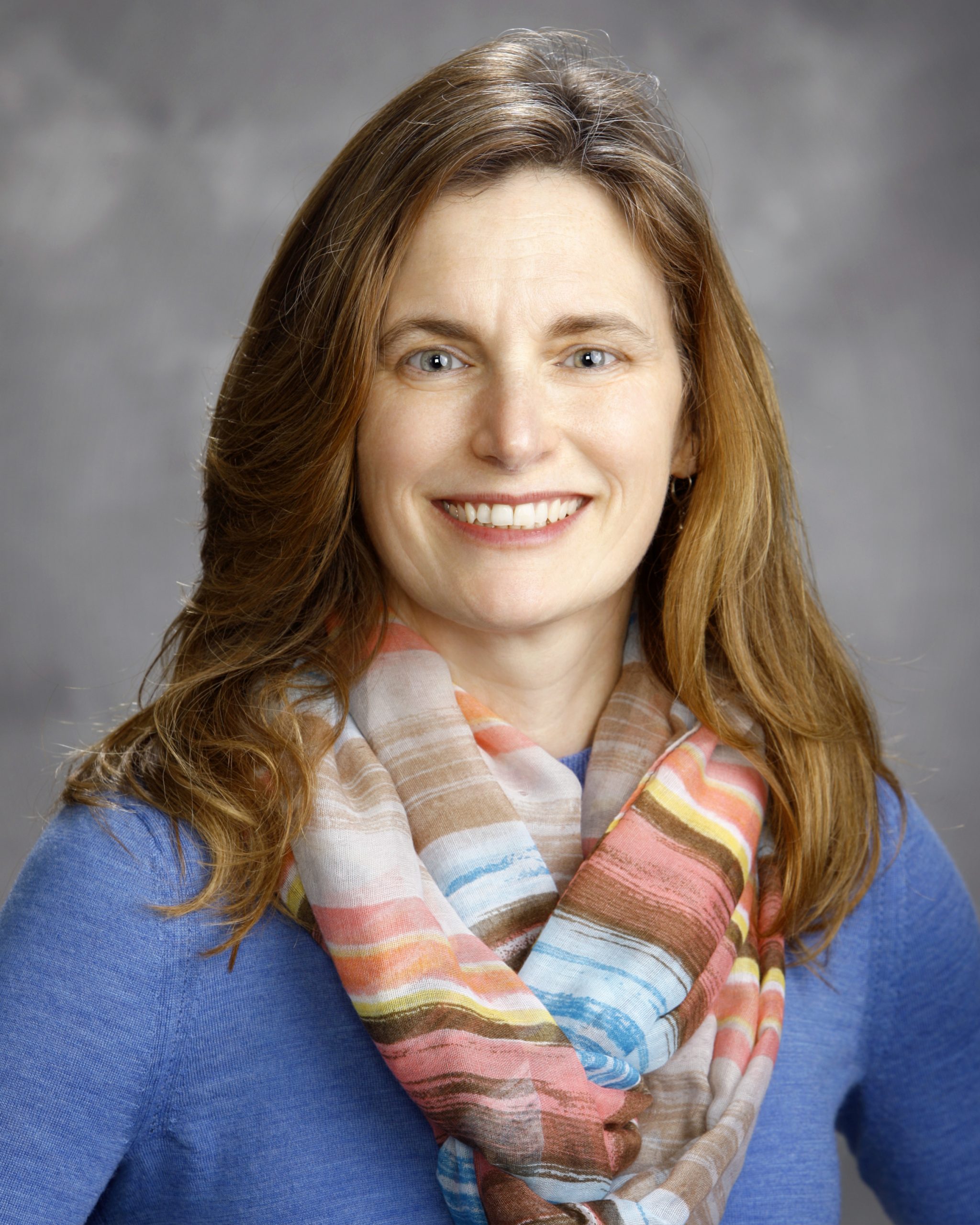LIVERMORE, Calif. — Tamara Kolda of Sandia National Laboratories has spent a career finding mathematical patterns in data sets ranging from mouse neurons to crime statistics, so when she talks about how ‘magical’ the results seem, even experts in other fields take notice.
Kolda was one of 87 members elected to the National Academy of Engineering this year — one of a handful of mathematicians ever granted membership.
“It’s an honor to be recognized in the National Academy of Engineering as a mathematician,” Kolda said. “I’ve had a great career at an engineering lab because I work with engineers focused on solving key problems of national interest.”
Kolda, who has been at Sandia for more than 20 years, was selected in part for her groundbreaking work in tensor decomposition — automated mathematical calculations that can make models of turbulence in automotive engines easier to manage and chemical compositions of samples easier to extract.
“Tensor decomposition is a form of unsupervised machine learning,” she said, adding that tensors are making a big impact in understanding problems that require computers to process huge amounts of information to find solutions to complex physics, engineering and data science problems.
“Tensors are also used for data compression, reducing massive data from supercomputing simulations to a size that can be post-processed on a laptop computer,” Kolda said. She explained that many data science tasks require massive amounts of data. “This is why you don’t have voice recognition on your phone unless it’s connected to a network. The neural net is too big to live on your phone.”
To Kolda’s experienced eyes, tensors find patterns in raw data that are both beautiful and illuminating.
“Tensors are magical in their ability to reveal underlying patterns in data,” she explained.
As a way to test her work, Kolda examined tensors that showed patterns of crime in America’s third-largest metropolitan area.
“We looked at more than a decade’s worth of data on crimes in Chicago, and we could see which types of crimes were prevalent in different areas, which areas were the hotspots of crimes. We could also clearly see which crimes were more prevalent in which season.”
Since joining Sandia in 1999, Kolda’s work in tensor decompositions, graph models and algorithms, data mining, numerical optimization, linear algebra, high-performance computing and scientific software has been cited more than 20,000 times.
She was one of only a few dozen mathematicians working on understanding tensors at the turn of the century and in 2004 co-developed the widely-used Tensor Toolbox for MATLAB.
“One of the reasons I believe I was inducted is that I’ve been trying to elucidate the role of mathematics and engineering in data science,” Kolda added.
In 2003, Kolda was honored with the Presidential Early Career Award for Scientists and Engineers. She has earned an R&D100 award and three best-paper prizes at international conferences in her career. Kolda was elected as a fellow of the Society for Industrial and Applied Mathematics in 2015 and elected as a fellow of the Association for Computing Machinery in 2019.
She holds a doctorate in applied mathematics from the University of Maryland, College Park and a Bachelor of Science in mathematics from the University of Maryland, Baltimore County.

